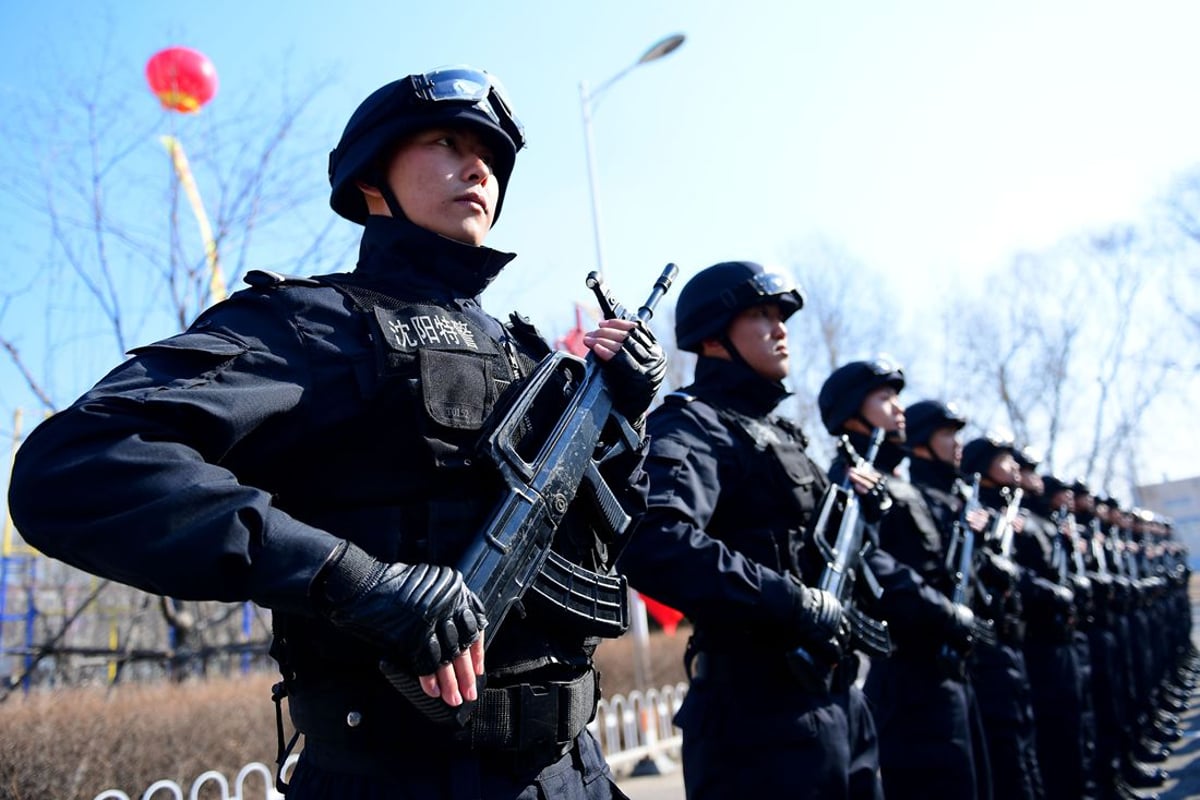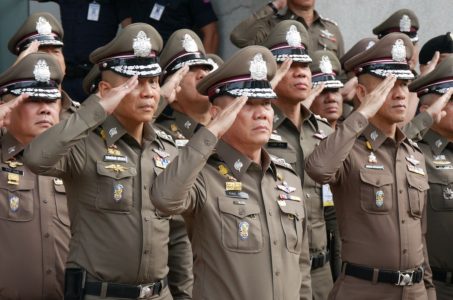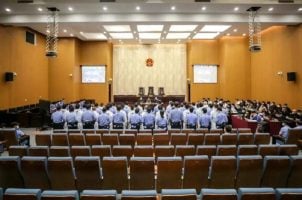China Warns Cross-Border Gambling Operators, Ministry to Strengthen Safeguards
Posted on: February 17, 2022, 02:49h.
Last updated on: February 17, 2022, 03:25h.
China continues to proclaim that individuals and groups involved in the illegal facilitation of cross-border gambling will be targeted in 2022 and the years ahead.

Gambling is mostly illegal everywhere in China, other than in Macau, one of two Special Administrative Regions (SARs) in the People’s Republic. The two exceptions are China’s state-run lotteries — the Welfare Lottery and China Sports Lottery.
Aside from the lottery games, China prohibits gambling on the mainland. It’s also illegal for casinos or any other business or person to market gambling activities on the mainland.
Macau’s commercial gaming industry expanded greatly after the enclave’s handover from Portugal to China in 1999. Casinos have circumvented laws by advertising VIP trips to the wealthiest residents in the world’s most populated country. Travel organizers say nothing about gambling, but when the clients arrive in Macau, they’re afforded large credit lines to gamble.
A key focus of President Xi Jinping’s reign has been to better scrutinize the flow of capital from the mainland. That mission has extended to Macau and VIP junket groups that have organized trips to the casino hub for Chinese millionaires.
Violators on Notice
Xi’s first instruction to his law enforcement agencies to better scrutinize cross-border gambling activities came in 2013. That was soon after Macau casinos reported $45 billion in gross gaming revenue (GGR). With police and border security more closely following money trails, win from casino table games and slot machines dropped to $27.9 billion in 2016.
VIP groups nonetheless continued to operate, but the industry came to a screeching halt late last year with the arrest of Alvin Chau. His Suncity Group was one of the largest junket networks in all of Asia. Macau’s six commercial casino operators have since disassociated from their longtime junket partners, with numerous high roller private gaming rooms now shuttered.
China’s top security department is warning bad actors seeing a potential opportunity to develop new ways of luring VIP gamblers to Macau. Authorities say that they will be detected and prosecuted to the full extent of the law.
China’s Ministry of Public Security said its 2022 objective is to “completely destroy” cross-border gambling groups.
[The Ministry will] continue to advance the work of combating cross-border gambling in depth, resolutely curbing cross-border gambling chaos and striving to create a safe and stable political and social environment,” the Public Security statement read.
Xi believes the considerable outward flow of money through casinos in Macau and elsewhere throughout Asia presents a great risk to China’s national security.
Macau to Appease Mission
Macau is a semi-autonomous region, as it operates under China’s “one country, two systems” policy principle. China provides Macau with national security. In exchange, Macau follows much of the People’s Republic’s lead when it comes to laws and regulations.
Macau, unlike Hong Kong, the other SAR in China, has stayed in China’s good graces since its return from Portugal nearly 23 years ago. In response to the mainland’s directives, Macau’s Judicial Police have recently ramped up its own efforts to crack down on cross-border gambling.
Macau police have detained and charged numerous individuals allegedly involved in the junket business. Most recently, two men with alleged links to Chau’s Suncity were arrested late last month and charged with running an illegal online gambling syndicate.
Related News Articles
Macau Lawmaker Demands Proof that ‘Radiation Tables’ are Safe for Dealers
Thailand Illegal Gambling Site 123plus Busted, Nearly $3M in Assets Seized
Most Popular
Las Vegas Overstated F1 Race’s Vegas Impact — Report
Vegas Strip Clubs Wrestle in Court Over Animal Names
Mega Millions Reportedly Mulling Substantial Ticket Price Increase
Las Vegas Strip Stabbing Near The Strat Leaves One Man Dead
Most Commented
-
End of the Line for Las Vegas Monorail
— April 5, 2024 — 90 Comments -
Mega Millions Reportedly Mulling Substantial Ticket Price Increase
— April 16, 2024 — 6 Comments -
Long Island Casino Opponents Love New York Licensing Delays
— March 27, 2024 — 5 Comments -
Nearly Abandoned Mall Outside Vegas Soon to Have Only One Tenant
— March 12, 2024 — 5 Comments
















No comments yet